Does Debt Settlement Make Sense for You?


Many people think of debt settlement as a magic eraser that will lead them to a clean credit slate. However, it isn’t that simple. Debt settlement is an agreement made between a creditor and a consumer in which the total debt balance owed is reduced and/or fees are waived, and the reduced debt amount is paid in a lump sum instead of revolving monthly.
How Does it Work?
Debt settlement is built around the idea that creditors will be happy to accept less than the total amount due if you do not make your payments. So, you avoid paying your debts directly, and you make payments to the settlement firm. The settlement firm then pays your creditor (assuming they negotiate a settlement). There are two types of settlement they may negotiate. In a lump sum settlement, the firm makes one large payment to the creditor. In a term settlement, the firm makes multiple payments to the creditor over a period of time.
Usually, debt settlement is only used for credit card debt, but some agencies may market settlement services for other debts, like student loans, medical bills, back taxes or other unsecured debts.
Types of Debt Settlement
There are two types of debt settlement: professional debt settlement and do-it-yourself (DIY) debt settlement. Let’s take a quick look at the two types:
Do-It-Yourself Debt Settlement
DIY settlement does not involve a third-party firm representing you. It could involve a third-party representing the creditor.
This “do-it-yourself” version is considered to be a less expensive form of debt settlement. It occurs when you negotiate directly with a creditor and they agree to consider your account paid for less than you owe. Creditor willingness to accept DIY settlement prior to charge-off is limited.
DIY settlement following charge-off could involve a third-party representing the creditor, like a law firm, collection agency, or debt buyer. DIY settlement, while cheaper to the consumer, comes with all of the credit score damage of professional debt settlement.
If you pursue DIY settlement, be sure to get the settlement agreement in writing before you pay the creditor a lump sum.
Professional Debt Settlement
Professional debt settlement is generally considered to be a risky and ill-advised debt repayment scheme. In the scheme, you avoid paying your debts. Instead, you send payments to a debt settlement firm. The firm then attempts to negotiate settlements with your creditors. The goal is to receive a “principal reduction,” which occurs when a creditor considers your debt satisfied even if you pay less than the full amount due.
The Federal Trade Commission, Consumer Financial Protection Bureau and countless other consumer advocates have cautioned people about the risks of dealing with for-profit debt settlement companies. In addition there are numerous complaints from people who have signed up and later regretted it on the Better Business Bureau site.
We do not recommend professional debt settlement under any circumstances.
How Much Does it Cost and How Long Does it Take?
The fees charged by a debt settlement firm may vary depending on your state’s laws. You can expect the firm to charge you between 15 and 25 percent of the enrolled debt. So, if you have a $10,000 debt that you settle for $5,000, you may also owe the firm $2,500 (25% of the enrolled $10,000.) In 2010 the FTC banned “advance” fees, so now debt settlement agencies cannot charge you before they render services.
Forgiven debt is considered taxable by the IRS if over $600. This means you will likely owe taxes on the difference between the amount you owe and the amount you agree to pay. If you settled that $10,000 debt for $5,000, then $5,000 was forgiven. That $5,000 is likely to be taxable income, that will have to be reported on your income taxes.
The debt settlement process typically takes three-to-four years. First, you have to put ample funds into the settlement account. Then, the settlement firm has to negotiate multiple agreements with your various creditors, which can take significant time.
Learn About Other Alternatives
Featured Posts
Friday December 11, 2020
Friday February 26, 2021
Tuesday January 25, 2022



